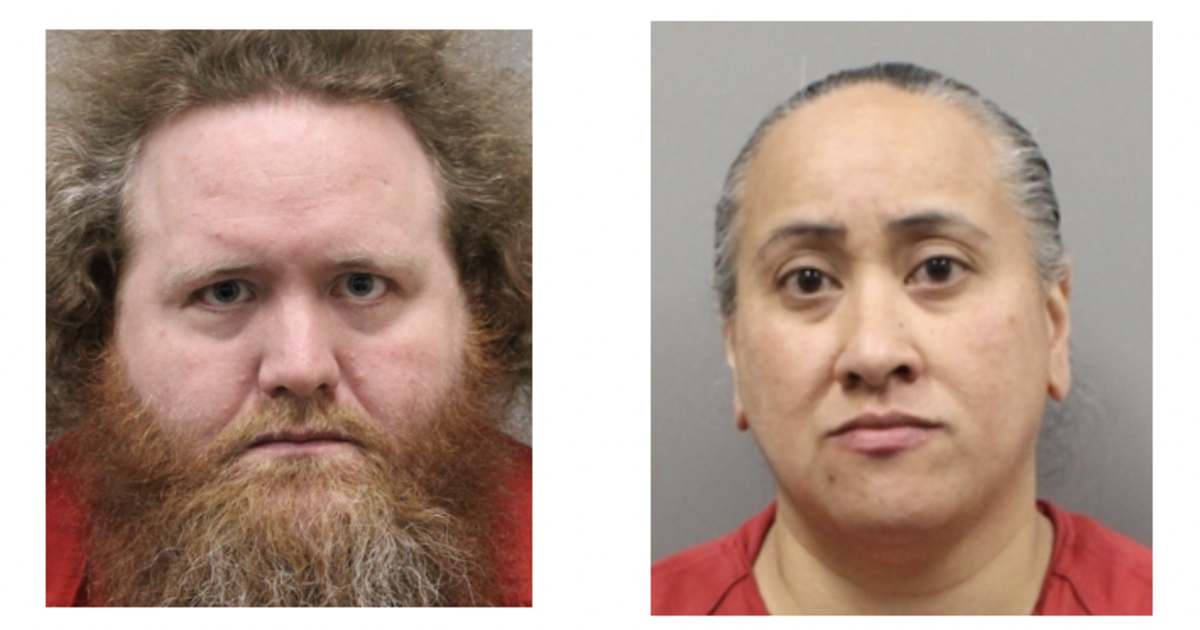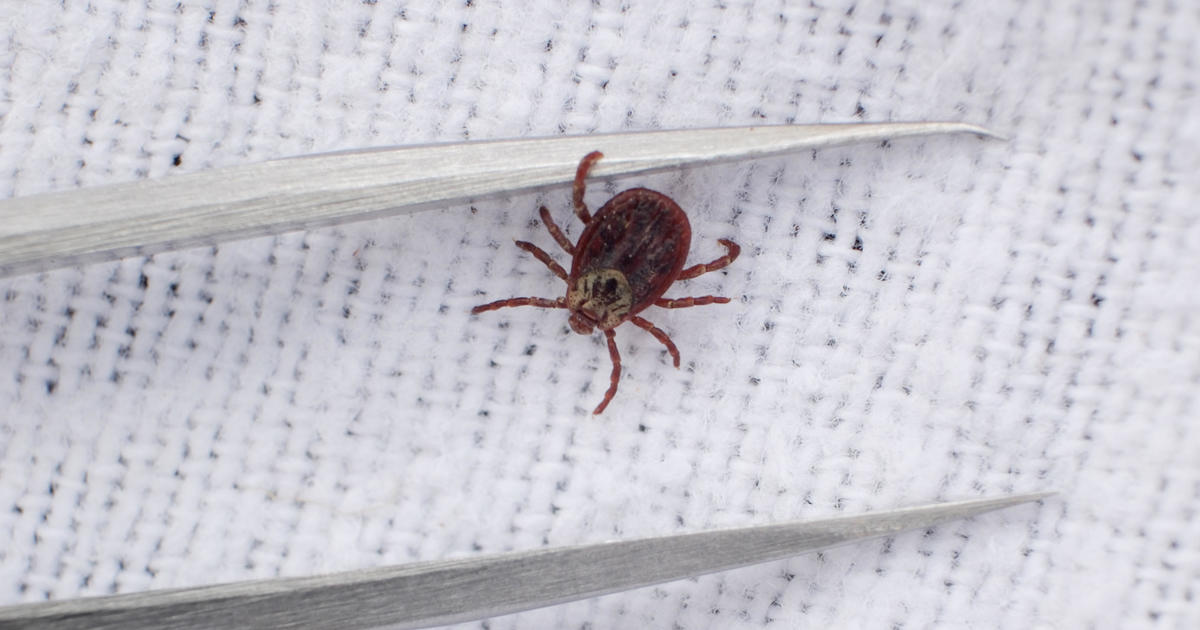U.S. won't give flu vaccines to migrants in border detention centers
The U.S. government will not give flu vaccines to migrant families being held in detention centers near the U.S.-Mexico border. Customs and Border Protection (CBP) announced the decision Tuesday, weeks before the flu season begins.
"In general, due to the short term nature of CBP holding, the time the vaccine takes to begin working, and the complexities of operating vaccination programs, neither CBP nor its medical contractors administer vaccinations to those in our custody," a CBP spokesman said in a statement to CBS News. The spokesman did not respond to further questions about the policy.
The U.S. will not provide vaccines for migrants — even after three migrant children have died in the past year from the flu.
Earlier this month, doctors associated with Harvard and Johns Hopkins sent a letter to Congress members calling for an investigation into the health care at migrant detention facilities. The doctors specifically cited the migrant children who died from the flu, stating that flu deaths "are fairly rare events for children living in the United States."
"We suspect that the Department of Homeland Security (DHS) and Department of Health and Human Services (HHS) may not be following best practices with respect to screening, treatment, isolation and prevention of influenza," the doctors wrote.
According to the CDC, flu viruses often begin to increase in October. The flu season typically peaks between December and February, and flu activity can continue as late as May.
The news about the flu policy was first reported by CNBC.
A report released by the DHS' internal watchdog in July detailed the dangerous conditions at migrant detention centers, with facilities being overcrowding and children going days without a hot meal. The report said more than 2,500 unaccompanied children had been held for more than three days, which violates a court settlement that governs the care of minors in U.S. custody.
"We are concerned that overcrowding and prolonged detention represent an immediate risk to the health and safety of DHS agents and officers, and to those detained," the report said.
CBP said it has about 200 medical personnel along the southern border, an increase from about 20 a year ago. The agency also said medical personnel are available on site for 24/7 medical care, including treatment of infectious diseases.
"Individuals with flu are handled as appropriate depending on the specific circumstances," a CBP spokesperson said.
At least six migrant children who were in U.S. custody or recently left have died since September 2018. Before that, according to government data, no children had died in Border Patrol custody for a decade.



